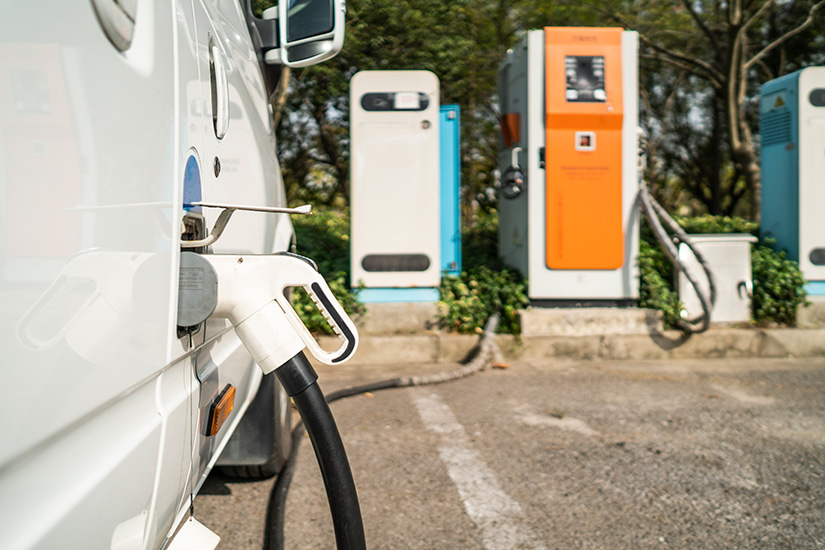2023-11-22 スイス連邦工科大学ローザンヌ校(EPFL)
◆この検出器は、Sentinel-2衛星画像を使用して海洋デブリを推定し、プラスチックごみの定量的な除去を支援できます。大気条件が厳しい場合でも正確であり、プラスチック流出の予測にも貢献します。
◆研究者はデータ中心のAI原則を用い、限られたトレーニングデータを最適に活用し、改良アルゴリズムと組み合わせて以前の手法よりも優れた検出モデルを実現しました。
<関連情報>
- https://actu.epfl.ch/news/ai-helps-detecting-plastic-in-oceans-5/
- https://www.sciencedirect.com/science/article/pii/S2589004223024793
センチネル2号による沿岸域の海洋ゴミの大規模検出 Large-scale detection of marine debris in coastal areas with Sentinel-2
Marc Rußwurm, Sushen Jilla Venkatesa, Devis Tuia
iScience Published: November 8, 2023
DOI:https://doi.org/10.1016/j.isci.2023.108402
Highlights
•A deep marine debris detector for Sentinel-2 images following data-centric AI principles
•Trained on a quantity-focused training set and quality-focused evaluation data
•Achieves state-of-the-art accuracy thanks to semi-automated data curation strategies
•Combinable with daily PlanetScope images to augment weekly Sentinel-2 observations
Summary
Detecting and quantifying marine pollution and macroplastics is an increasingly pressing ecological issue that directly impacts ecology and human health. Here, remote sensing can provide reliable estimates of plastic pollution by regularly monitoring and detecting marine debris in coastal areas. In this work, we present a detector for marine debris built on a deep segmentation model that outputs a probability for marine debris at the pixel level. We train this detector with a combination of annotated datasets of marine debris and evaluate it on specifically selected test sites where it is highly probable that plastic pollution is present in the detected marine debris. We integrate data-centric artificial intelligence principles by devising a training strategy with extensive sampling of negative examples and an automated label refinement of coarse hand labels. This yields a deep learning model that achieves higher accuracies on benchmark comparisons than existing detection models trained on previous datasets.
Graphical abstract



